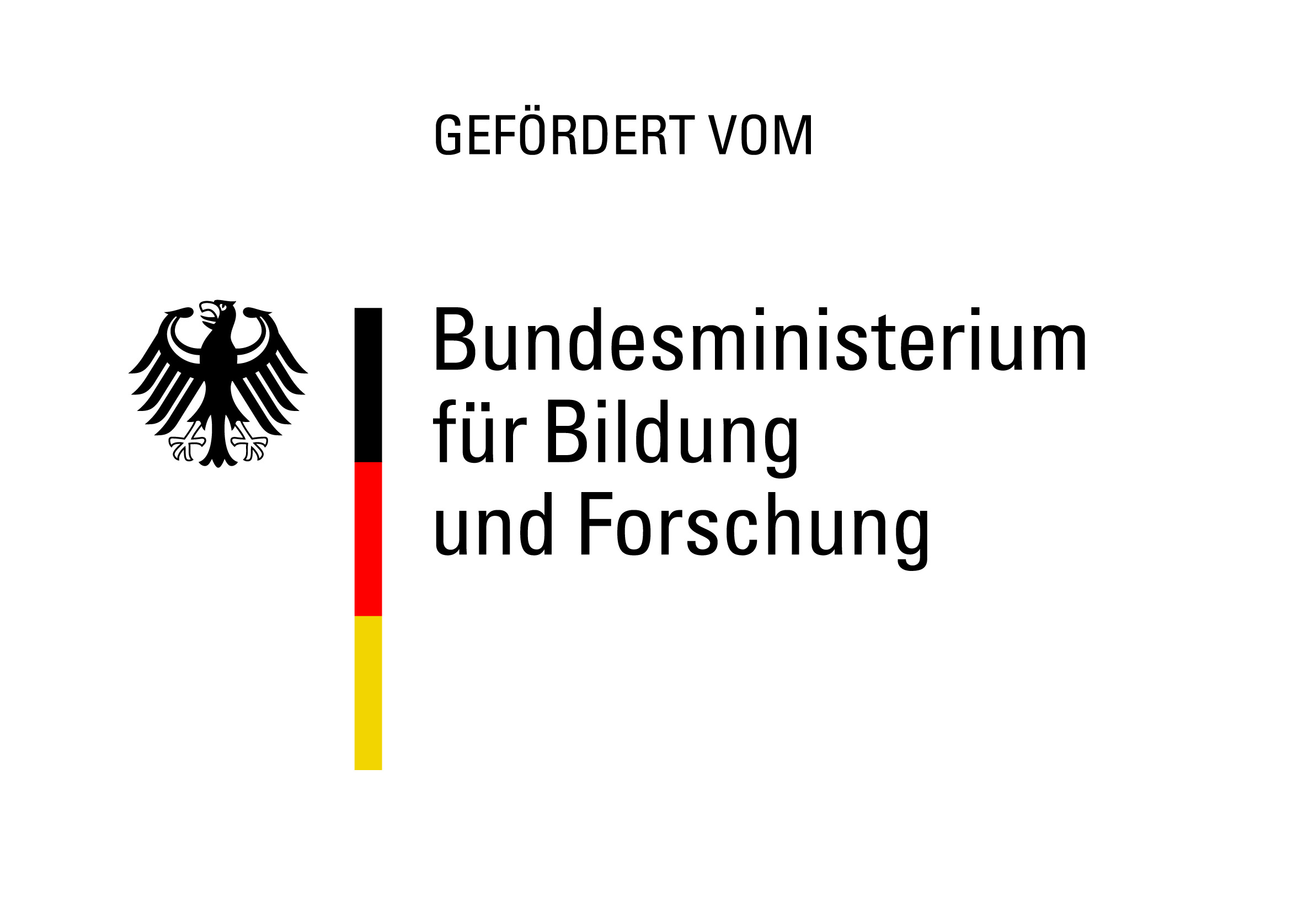
Microplastic in the water cycle
Project duration 03/2016 until 02/2019
In the framework of the BMBF collaboration project MiWa (Microplastic in the water cycle – sampling, sample treatment, analysis, occurrence, elimination and assessment) the Department Analytics works on methods to determine microplastic mass fluxes in anthropogenically influenced water cycles. The aim is to investigate the quantitative load situation in the environment and to derive potential measures to reduce microplastic contamination..
1. Method development
An analytical method to identify and quantify polymer particles such as microplastics in aqueous and solid samples is developed and validated. It is based on multi-element determination. After particle separation from the matrix particle concentration is determined based on specific elemental content e.g. zinc and sulfur in tire wear particles.
Particularly we develop separation and detection techniques aiming at polymer particle separation from the matrix or size fractionation followed by elemental analysis by inductively coupled plasma mass spectrometry (ICP-MS). ICP-MS analysis will be done i) for separated and totally digested polymers, ii) for single particles in the suspension and iii) in combination with laser ablation for particles deposited on filter materials.
2. Application
The analytical methods will be applied for quantification of polymer particles in environmental samples such as tire wear particles in road runoff. Further we will apply imaging methods to investigate solid samples and interactions between polymer particles and organisms.

Project team at the Department Analytics
Prof. Dr. Reemtsma (Projektleitung)
Dr. Stephan Wagner
Philipp Klöckner (Doktorand)
